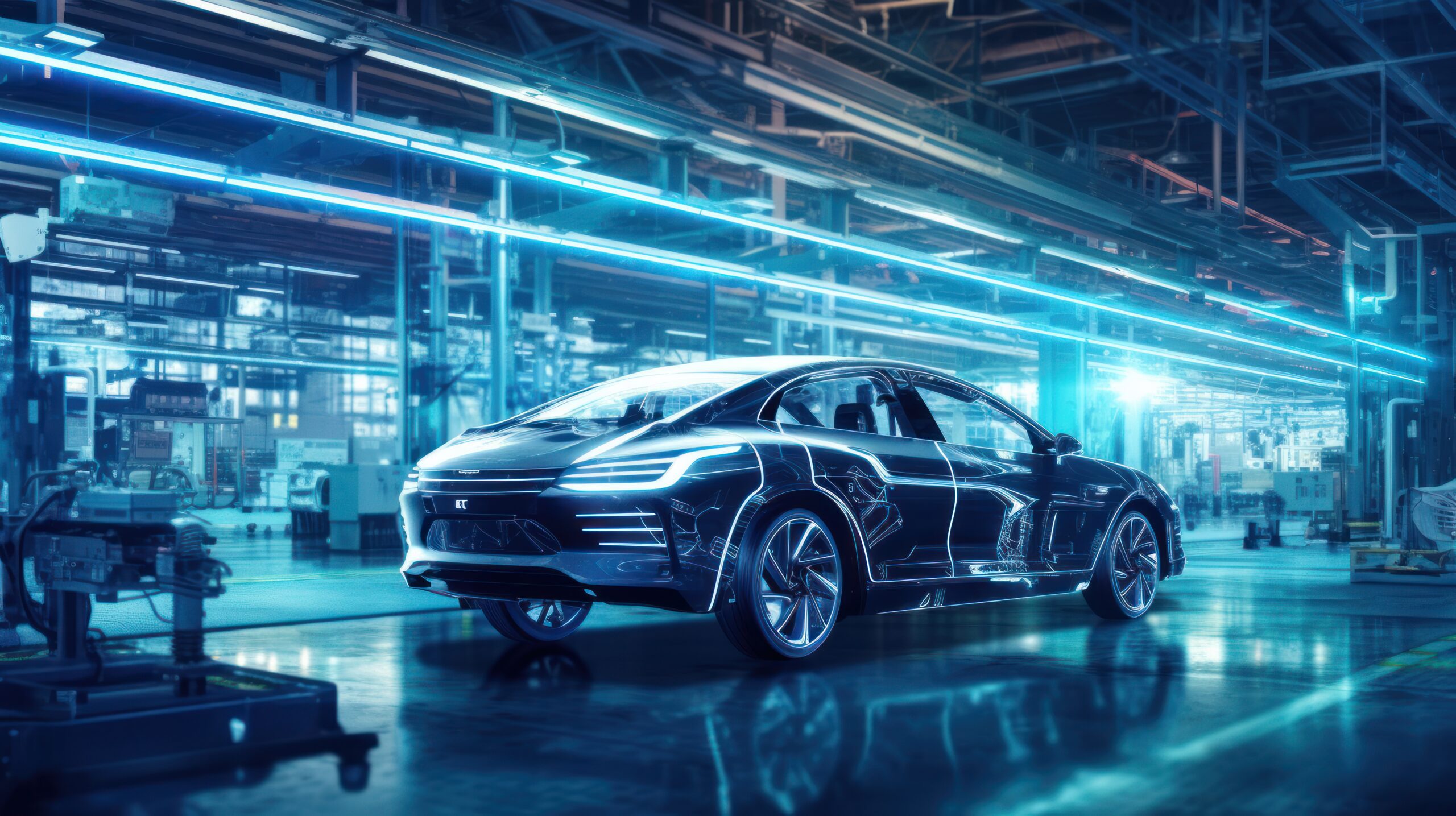Action Plan for the Automotive Sector
The European Commission has announced an ambitious Action Plan for the automotive sector, with the aim of strengthening the competitiveness of the European automotive industry and supporting its transition towards decarbonization. The plan, which will be officially presented on March 5, is the result of a strategic dialogue initiated on January 30 with key industry players: manufacturers, suppliers, trade unions, and sector stakeholders.
A key sector for the European economy
The automotive industry represents a fundamental pillar of the European economy. With over 13 million jobs both direct and indirect, and a contribution of about 1,000 billion euros to the EU’s GDP, the automotive sector is crucial for economic prosperity and mobility on the continent. However, challenges related to the ecological transition, global competitiveness, and digitalization require a strategic rethinking to ensure European leadership in the sector.
The strategic dialogue: a discussion for the future of automotive
The initiative launched by President Ursula von der Leyen aims to build a shared action between institutions and companies to address the sector’s critical issues. Commissioner Tzitzikostas has been tasked with developing the plan, which will benefit from the analyses and proposals that emerged from the strategic table.
The main topics of discussion include:
- First and foremost, innovation and technological development, fundamental to maintaining European industrial primacy and ensuring a competitive advantage in the global market
- Furthermore, the ecological transition and decarbonization, with particular attention to the electrification of mobility, represent a priority to meet the EU’s climate objectives
- At the same time, the competitiveness and resilience of the sector are essential to face growing international competition and protect the European automotive industry
- In parallel, global trade relations and a level playing field with other markets play a crucial role in avoiding competitive imbalances and ensuring fairness in exports and imports
- Another key point is regulatory simplification, necessary to reduce bureaucracy, accelerate decision-making processes, and encourage new investments
- Finally, the optimization of production processes is fundamental to increase efficiency, reduce costs, and improve the sustainability of the entire supply chain
An action plan to strengthen the sector
The Automotive Action Plan will be based on discussions initiated during the strategic dialogue and on a public consultation, which will involve companies, workers, and citizens interested in the sector’s challenges. The goal is to develop concrete strategies to support the transition and ensure a sustainable future for the European automotive industry.
Four European commissioners will lead specific areas of intervention:
- Hoekstra will handle the ecological transition and strategies for zero emissions
- Séjourné will oversee the industrial value chain, to strengthen European production
- Virkkunen will work on innovation and digitalization, to promote emerging technologies
- Mînzatu will focus on skills and social aspects, to ensure worker retraining
A sustainable future for the automotive sector in Europe
“Our automotive industry is at a crucial crossroads. We must act quickly to address the challenges of the future and ensure that the sector remains globally competitive,” stated Ursula von der Leyen. “This dialogue is the first step in building a solid and shared strategy, which will be formalized with the Action Plan on March 5.”
The European automotive industry faces a historic challenge: to lead the mobility revolution without losing ground in global competition. The European Commission’s Action Plan represents an opportunity to effectively address this transition, ensuring economic growth, innovation, and sustainability.

Decarbonization: the risk of fines for the automotive sector
The most urgent issue on the table is climate neutrality. The European regulation provides for increasingly stringent limits on CO2 emissions:
- 93.6 g/km in 2025
- 49.5 g/km in 2030
- 0 g/km from 2035, with the ban on internal combustion engine cars
For each gram over the limit, manufacturers risk a fine of 95 euros per vehicle, an economic burden that can consequently translate into billions of euros in penalties.
What happens with the decline in electric car sales
Meanwhile, with the decline in electric car sales and the progressive reduction of incentives in many countries, manufacturers find themselves having to adopt drastic measures to avoid the heavy penalties provided for by the regulations. In this regard, they are evaluating various strategies, including:
- First, reducing the production of thermal cars, a solution aimed at lowering the average emissions and ensuring compliance with the parameters imposed by European regulations.
- Additionally, the purchase of CO₂ credits from more virtuous car manufacturers is proving to be an increasingly widespread practice, already adopted by some groups to compensate for exceeding emission limits.
- Finally, pressure is growing on institutions to reinstate, on a European scale, incentives for purchasing zero-emission vehicles, a measure considered essential to support the electric market and accelerate the ecological transition.
In parallel, Acea, the association of European car manufacturers, has asked the Commission to change approach, moving “from a system based on penalties to one based on the market and demand”. In this context, manufacturers are calling for a revision of the targets set for 2035, hoping for greater flexibility in the transition towards sustainable mobility.
(image source: Freepik)